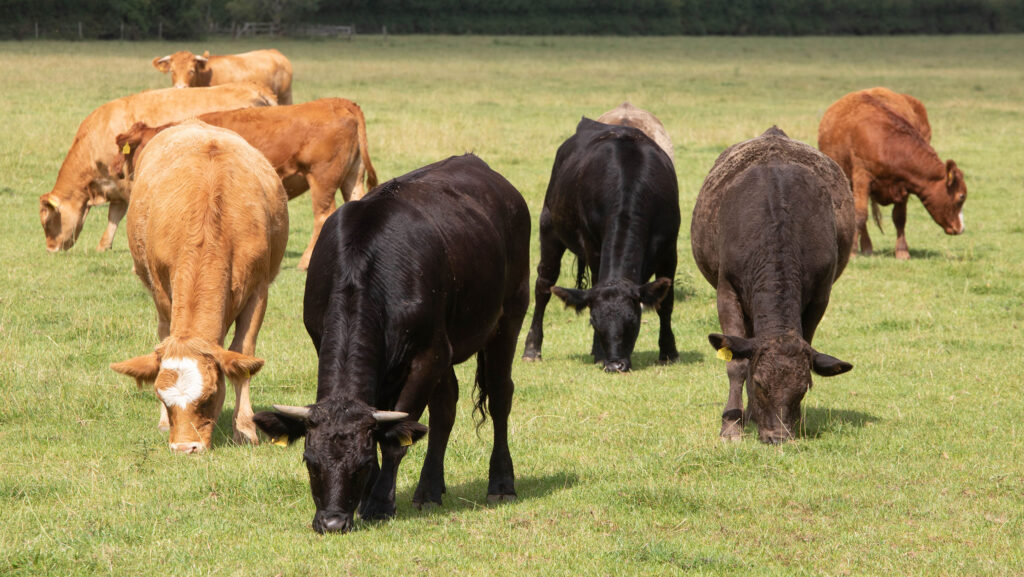UK foot-and-mouth threat level raised to ‘medium’
 © Tim Scrivener
© Tim Scrivener Livestock enterprises have been urged to consider on-farm biosecurity measures, as Defra forecasts an increased risk of foot-and-mouth disease (FMD) spreading to Great Britain.
Further FMD cases on the Continent has led to Defra releasing a veterinary risk assessment, which calculates the risk of the disease entering GB during the next three months as “medium”.
The highest risk of entry was assessed to be through commercial, personal or illegal trade in products of animal origin.
See also: NFU Cymru urges tighter border controls over FMD fears
To combat this, the government has banned personal imports of meat and dairy from the EU.
Defra farming minister Daniel Zeichner said: “This government will do whatever it takes to protect British farmers from FMD.
“That is why we are further strengthening protections by introducing restrictions on personal meat and dairy imports to prevent the spread of the disease and protect Britain’s food security.”
NFU president Tom Bradshaw said: “The importance of security at our borders cannot be underestimated.
“It’s great to ban personal meat imports but the bit that follows that – the education of the public as to the risks that they carry by potentially unwittingly bringing in that disease – is absolutely essential.”
The NFU also called for adequate resources to tackle the illegal imports of meat at UK borders.
Increased biosecurity
The large-scale outbreak of FMD in 2001 cost the economy the equivalent of £15bn at current costs.
This is roughly six times as much as the annual Defra farming budget.
NFU dairy board chairman Paul Tompkins said: “We are seeing increased risks at our borders especially with FMD now at less than 1,000 miles away from here.”
Mr Tompkins cautioned that biosecurity needed to be taken very seriously, and farm businesses should consider how farm workers and visitors could risk acting as a disease pathway between farms.
He stressed that proper biosecurity measures, such as disinfecting footwear, should be followed.
Dr Jorge Martin-Almagro, UK deputy chief veterinary officer for international and trade affairs, added: “Robust contingency plans are already in place to manage the risk of this disease to protect farmers and Britain’s food security.”
FMD in Europe
New cases of FMD have been discovered in Hungary and Slovakia, with four outbreaks in Hungary as of 11 April and more than 8,000 animals impacted.
Meanwhile, Slovakia had confirmed six outbreaks on commercial cattle holdings as of 10 April.
Francisco Reviriego Gordejo, head of animal health at the European Commission, said: “At affected farms, no susceptible animals can be protected – they must be killed to stop the spread.
“Their carcasses must be disposed of in such a way that protects other farms and other animals, since the virus can also be spread through the air.
“To further protect nearby animals, and make the affected establishments safe for the future, the infected farms must be thoroughly cleaned and disinfected.”
A 3km restricted zone and 10km surveillance zone are also in place around any outbreaks.
